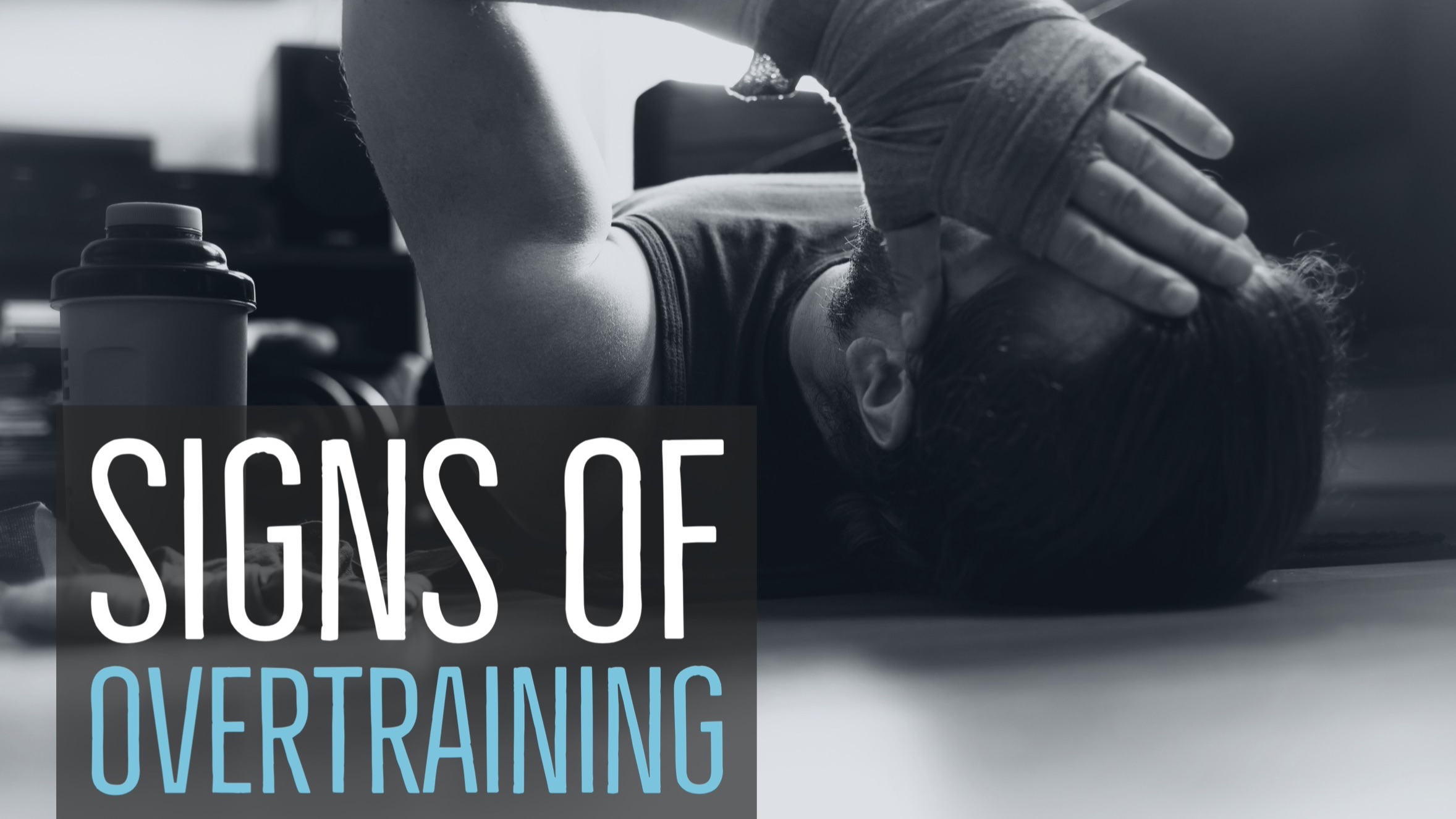
Overtraining in Fighters and Grapplers: Signs, Prevention, and Recovery
Combat sports such as MMA and Brazilian Jiu-Jitsu require intense physical training to build the necessary skills and conditioning to perform at a high level. However, overtraining can occur when athletes push themselves too hard and don't allow enough time for recovery. In this article, we will explore the signs of overtraining, how to prevent it, and how to recover from it.
Signs of Overtraining
Overtraining can manifest in a variety of ways, but some of the most common signs include:
-
Decreased Performance: Athletes who are overtrained may see a decrease in their performance in the gym or in competition. They may struggle to lift the same weights or feel slower and weaker than usual.
-
Fatigue: Overtrained athletes may feel more tired than usual, both physically and mentally. They may struggle to stay focused during training or feel more irritable than usual.
-
Increased Injury Risk: Overtraining can lead to increased risk of injury due to the strain that is placed on the body. Athletes may experience joint pain, muscle strains, or other injuries.
-
Insomnia: Overtrained athletes may have trouble sleeping at night, which can further contribute to their fatigue.
Prevention of Overtraining
Preventing overtraining requires a combination of good training practices and self-care. Here are some tips for preventing overtraining:
-
Incorporate rest days into your training schedule. Allow your body to recover and rebuild between workouts.
-
Use periodization to vary your training intensity and focus on different aspects of your performance.
-
Listen to your body. If you are feeling fatigued or struggling to perform, it may be time to take a break.
-
Make sure you are getting enough quality sleep each night. Aim for 7-9 hours of sleep per night.
-
Proper nutrition is essential for recovery. Make sure you are eating a balanced diet with plenty of protein, carbohydrates, and healthy fats.
Recovery from Overtraining
If you are experiencing symptoms of overtraining, it's important to take steps to recover before they become more severe. Here are some tips for recovering from overtraining:
-
Take a break from training. Allow your body time to rest and recover.
-
Focus on self-care activities such as foam rolling, stretching, or massage.
-
Use cold therapy to reduce inflammation and promote recovery.
-
Seek medical attention if you are experiencing significant pain or injury.
Overtraining can be a significant obstacle for fighters and grapplers looking to improve their performance. By understanding the signs of overtraining and taking steps to prevent and recover from it, athletes can ensure they are performing at their best. Remember to listen to your body and prioritize self-care activities to ensure that your training is productive and sustainable.
What are some other effective ways to prevent and recover from overtraining in combat sports?
References:
-
Kraemer, W. J., Fleck, S. J., Marshall, W. L., Feigenbaum, M. S., & Fry, A. C. (1997). Overtraining in athletes. Clin J Sport Med, 7(3), 129-139.
-
Yamamoto, Y., Miyashita, M., & Ishii, N. (2001). Overtraining and recovery. International journal of sports medicine, 22(4), 277-285.




